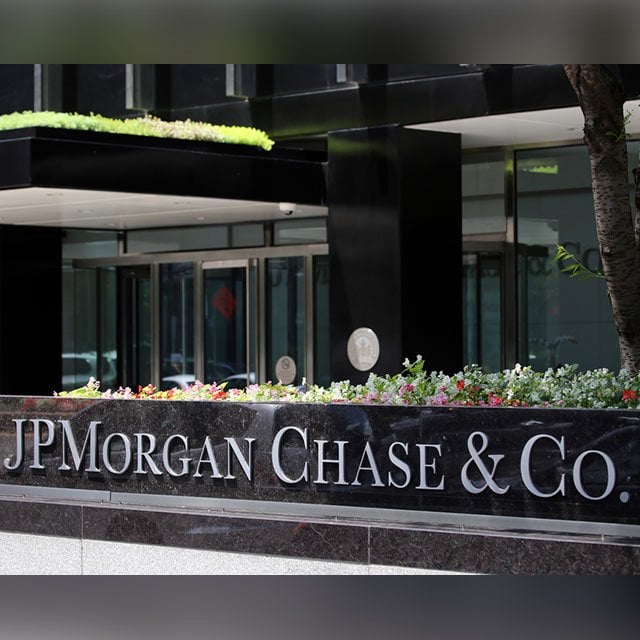[ad_1]
As well as, the order continues, “though the agreements permitted shoppers to answer SEC inquiries, they didn’t allow shoppers to voluntarily contact” the SEC.
“Whether or not it’s in your employment contracts, settlement agreements or elsewhere, you merely can not embody provisions that stop people from contacting the SEC with proof of wrongdoing,” stated Gurbir Grewal, director of the SEC’s Division of Enforcement in a press release. “However that’s precisely what we allege J.P. Morgan did right here.”
For a number of years, “It pressured sure shoppers into the untenable place of selecting between receiving settlements or credit from the agency and reporting potential securities legislation violations to the SEC,” Grewal defined. “This either-or proposition not solely undermined essential investor protections and positioned buyers in danger, however was additionally unlawful.”
Traders “have to be free to report complaints to the SEC with none interference,” defined Corey Schuster, co-chief of the Enforcement Division’s Asset Administration Unit. “These drafting or utilizing confidentiality agreements want to make sure that they don’t embody provisions that impede potential whistleblowers.”
The SEC’s order finds that the financial institution’s securities unit violated Rule 21F-17(a) of the Securities Trade Act of 1934, a whistleblower safety rule that prohibits taking any motion to impede a person from speaking instantly with the SEC employees about attainable securities legislation violations.
[ad_2]


